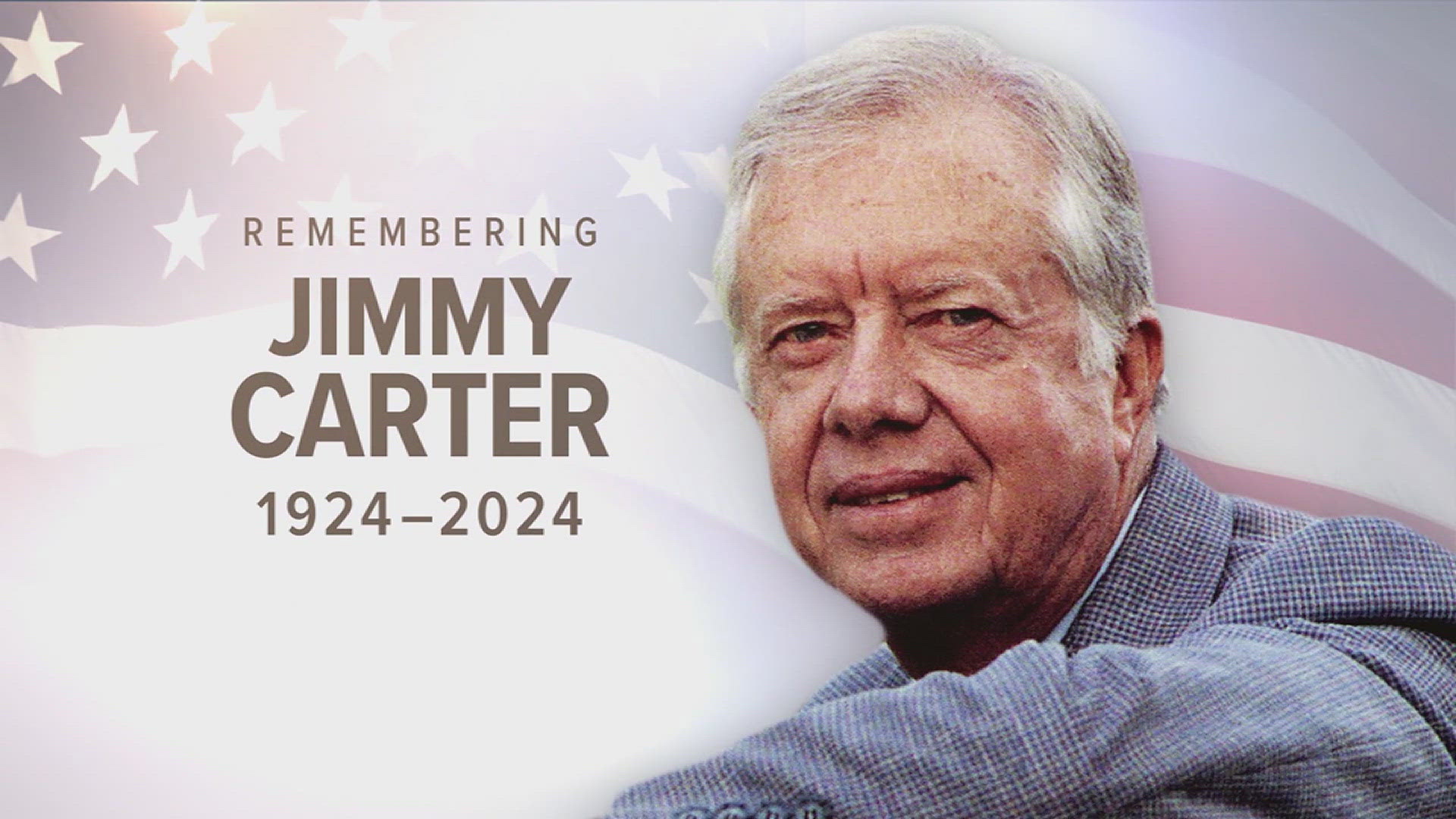(Akiit.com) It’s been weeks since his arrest, but here we are still shouting about what happened that fateful day in Cambridge, Mass. And while it is somewhat striking that the murders of Oscar Grant and Sean Bell failed to generate anywhere near the same level of national attention as the Gates-Crowley affair, it is not surprising that Professor Gates’ arrest is front and center on the American stage. The fact is that the outcome of this incident holds great promise, the potential for substantive dialogue on racial profiling, effective policy change and the reduction of unfair and unnecessary arrests against minorities.
African Americans have a long history of protesting mistreatment: Frederick Douglass got into a fist fight with his slave master; Ida B. Wells-Barnett took her anti-lynching campaign all the way to President McKinley, and Medgar Evers courageously spoke out against police brutality before his untimely death.
Years later, here we are, witnessing Professor Gates stand up against injustice. But in all his protest, has Prof. Gates become an agitator? Has the unassuming scholar become another divisive figure of race relations in America or a moral crusader for the cause of justice?
It’s too early to tell.
The criticism that Gates and his supporters have voiced against racial profiling and police brutality has been bereft of a strongly progressive moral component—all debate and no discussion. But how is it possible to shout out against injustice and make strides toward positive change in the justice system?
When it comes to such a heated issue, perhaps, there’s no one better than Martin Luther King Jr. for us all to take our cues from.
The civil rights leaders’ emphasis on a radical ethic of love is instructive. This aspect of King’s work has been discounted at the expense of his other political accomplishments and social organizing. Many believe that King’s moral theories on civil disobedience have no place in contemporary culture. But what these dissenters fail to see is that radical love is the best tactic to use when navigating controversial issues. As the tumult of the Gates case increases, we all must learn to avoid the trappings of reactionary politics.
Part of King’s talent here derives from the fact that his ethic of love was a spiritual discipline, not a comfy compassion or a rhetorical resistance. This type of love is, first and foremost, a painful challenge. King contended that our world would only improve if we could extend compassion without bias. He charged us to love equally those that loved us, those that hated us and those that never thought of us. The starting point for political justice is in our own hearts.
Further, King’s genius was that he clearly used his moral voice to anchor the movement in social justice. King tried to help us understand that all social progress was based on expanding our hearts, nurturing our tenderness and extending love to others in the human family, no matter what they did. To this end, he asked us to be “dangerously unselfish.†King’s classic “Letter from a Birmingham Jail†is a prime example of his commitment to justice through a discipline of the heart.
King, it is worthy to note, never publicly uttered a negative word when it came to Bull Connor, the notoriously racist and violent police commissioner of Birmingham, Ala. who unleashed dogs and turned hoses on black children and sanctioned the beating of legal protesters. When King mentioned Connor publicly, he only challenged that Connor didn’t “know history.â€
If Gates’ arrest is to yield something substantive and positive, we must confront the complexities that lie beneath the surface. Gates and Crowley, like the rest of us, are imperfect and acted imperfectly. Convenient categories such as white vs. black, Cambridge vs. Harvard, working class vs. upper class allow us easy illusions and simple deceptions.
We need a prominent progressive moral voice, like that of Martin Luther King Jr., so our conversations about racial profiling, criminal justice and policing are not merely power struggles. Speaking out is not enough. What matters is the message.
Written By Andre C. Willis









Leave a Reply